Is there a burning smell coming from your vents? Experts reveal 4 common causes, when you should call the pros, and when it's time to dial 911
Don’t panic – here’s how to diagnose the issue quickly
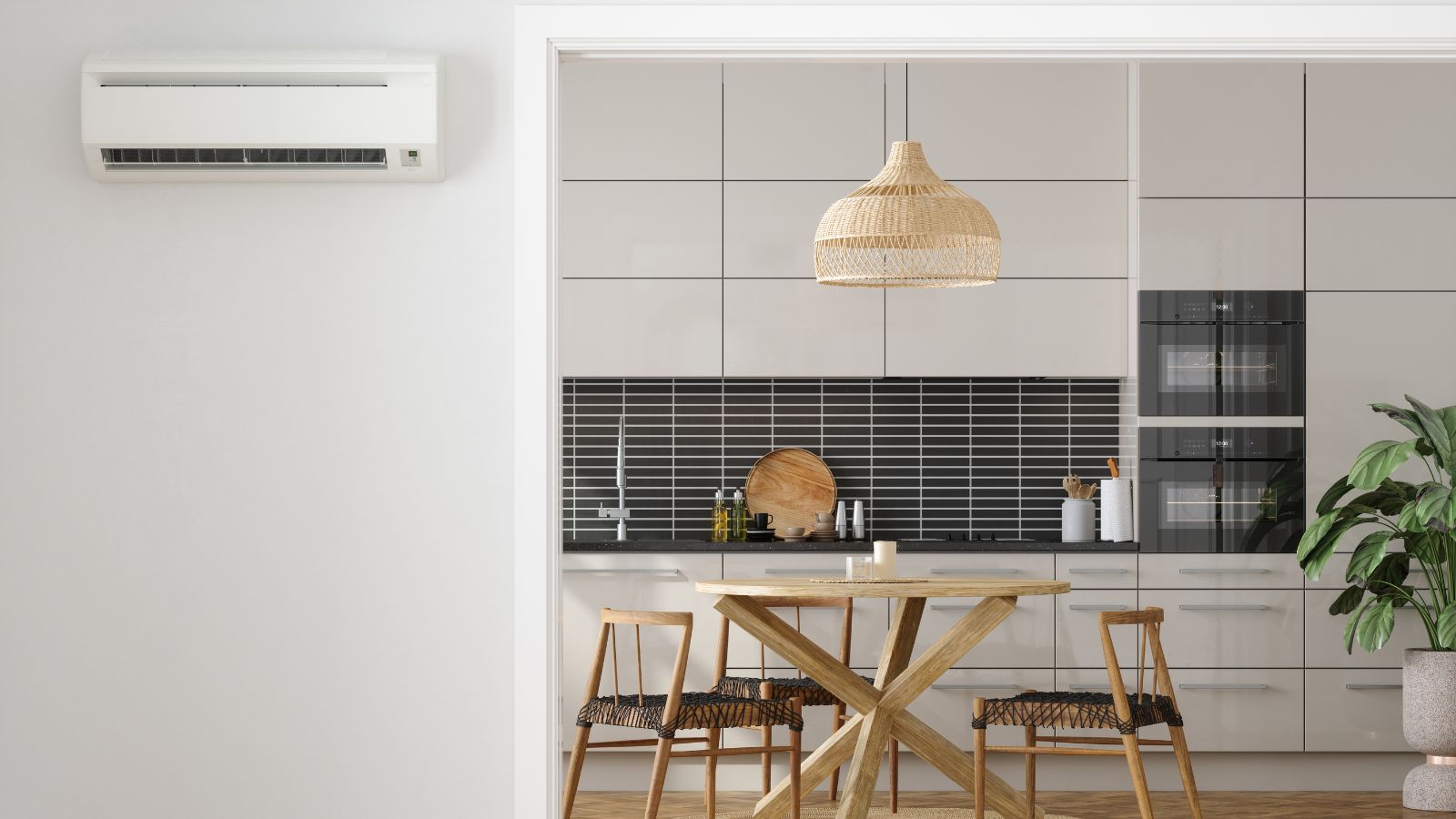

No one expects a sudden burning smell from AC vents. It can be rather alarming and is definitely not something you want to ignore.
It might help to know there can be several reasons for a burning smell from an AC vent, from dust build-up to a mechanical fault. Identifying the cause is vital to fixing the issue and staying safe.
After turning your AC off, this is how the pros would diagnose the issue when servicing an HVAC system to troubleshoot the burning vent smell before it gets worse or causes a fire risk.
Why is there a burning smell coming from my vents?
While a burning smell could be a sign of danger in your home, or a sign your HVAC needs replacing, it could be as simple as a dusty filter that needs cleaning or replacing. Here’s how to tell the difference between a serious issue and a quick cleaning task.
Tommy Mathisen, HVAC expert and owner of Tommy Cool Air warns that it is important to note that if a burning smell is accompanied by ‘either smoke or sparks you must power down all devices and contact emergency services right away.’
If it isn't dissipating quickly, that's also a warning sign worth taking safety measures for.
1. Dust build-up
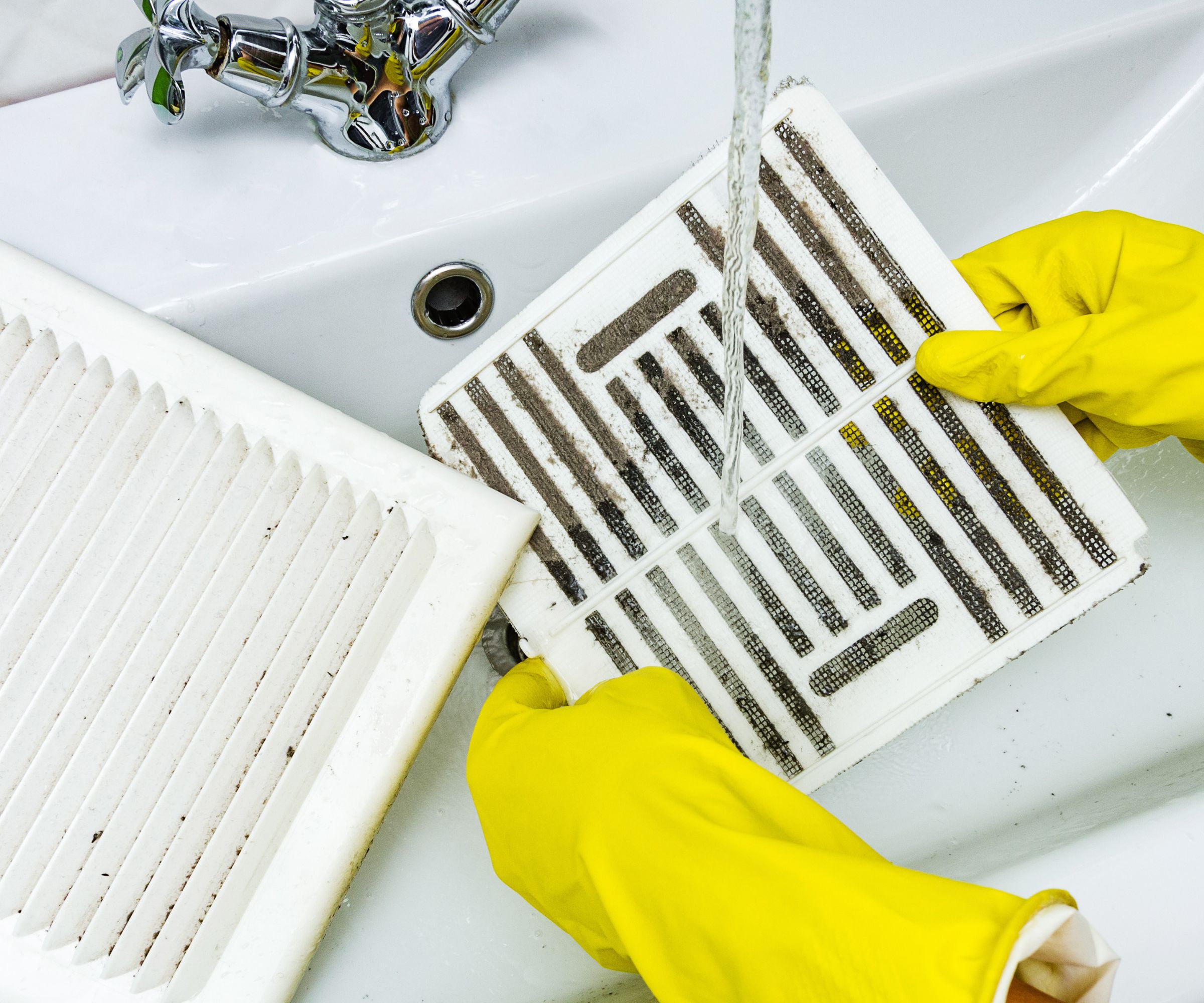
One of the most common causes of a burning smell from AC vents is dust.
Tommy explains, ‘A common reason for smelling something burning is dust particles being burned off your heating system. When you leave your heater unused for an extended period, dust accumulates on the heat exchanger along with other components. This should only be a temporary odor that should vanish after a few minutes. If the smell doesn't dissipate soon after turning on the heater, it indicates a potential problem.’
Knowing how to clean vents around your home and staying on top of this chore throughout the year is the best way to avoid this nasty odor. As for how often you should clean air ducts, consider scheduling a deep clean every three to five years to keep your system in check.

Remove dust and grime from vents while tackling odors with this freshly-scented cleaning spray.
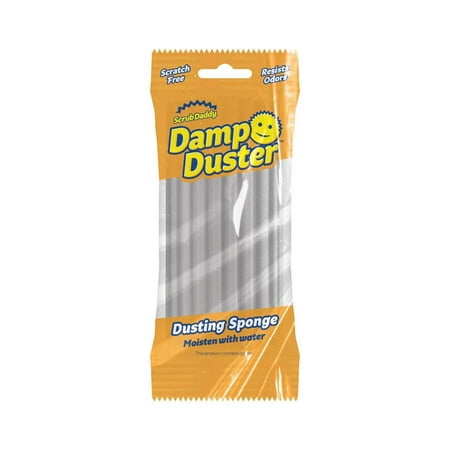
The Damp Duster is great for allergy sufferers as it removes all dust, pollen, pet hair without sending any particles into the air. It's also affordable, reusable, conveniently sized, and easy to clean – simply rinse under fresh water to remove dust and grime.
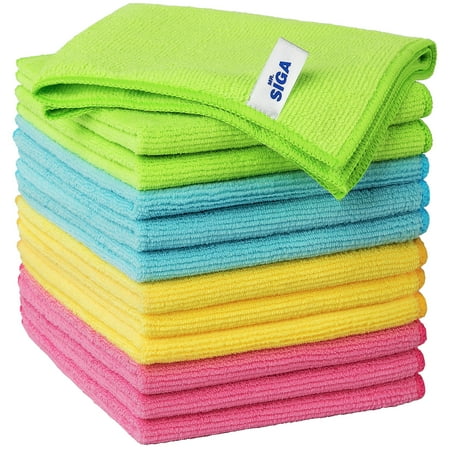
Microfiber cloths make it easy to wipe away dust and debris from vents for a nicer smelling home.
2. Overheating
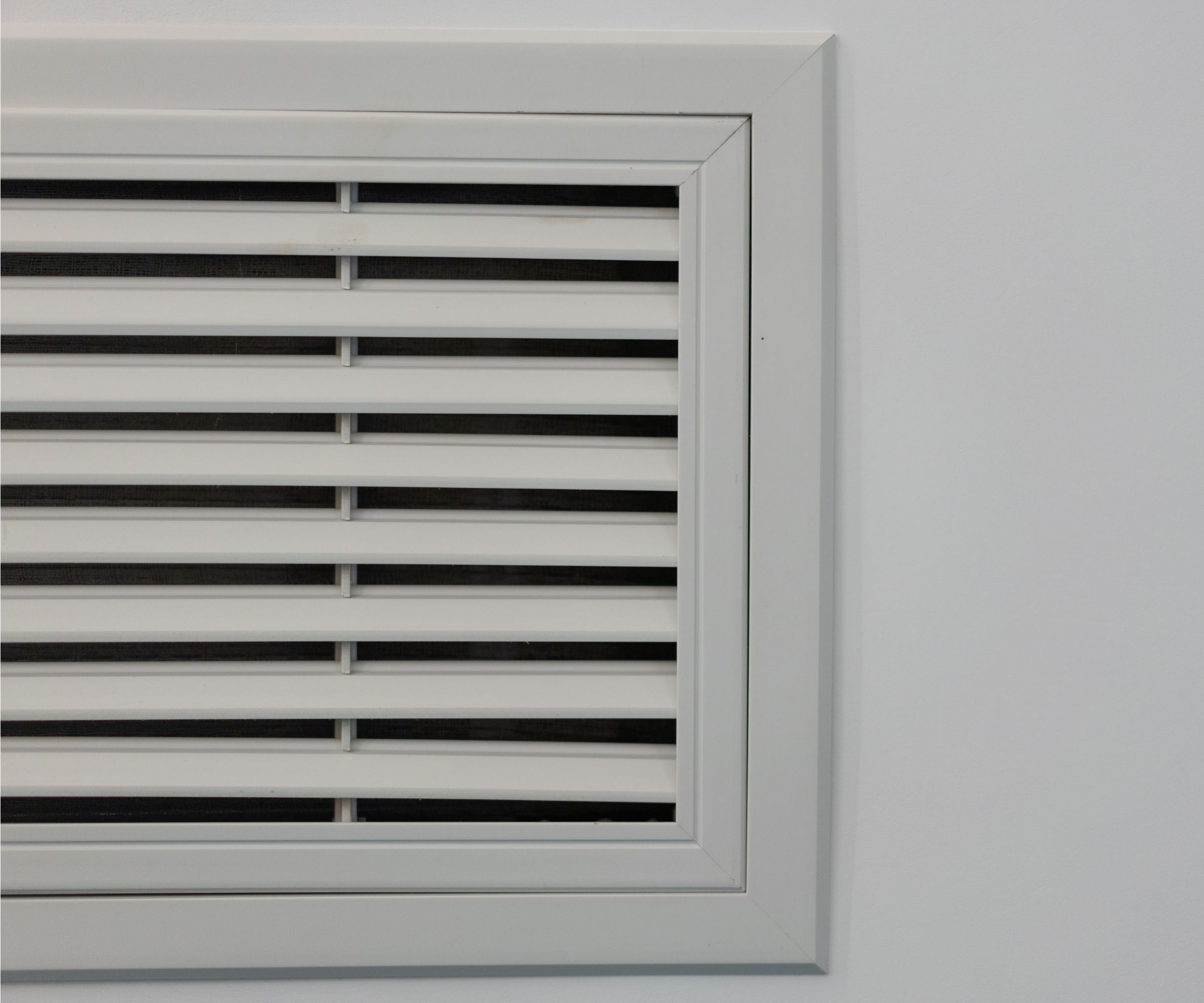
If your air conditioner is not blowing cold air and is emitting a burning smell, the system could be overheating.
Kelly Russum, owner of KC’s 23½ Hour Plumbing and Air Conditioning says, ‘It might happen if your filters are clogged and the blower motor is struggling, and as a consequence overheats your system, forcing it to work harder and give you a burning smell.
'If you smell electrical burning, think hot plastic, that's a huge red flag as it's a sign of bad wiring or a dying motor, or at the very least very overheated parts of the system. But before turning on the alarm mode, check the ducts quickly. Surprisingly, we come across situations when toys, food wrappers, or other junk are stuck in the duct and they heat up and cause that smell.’
3. An electrical fault
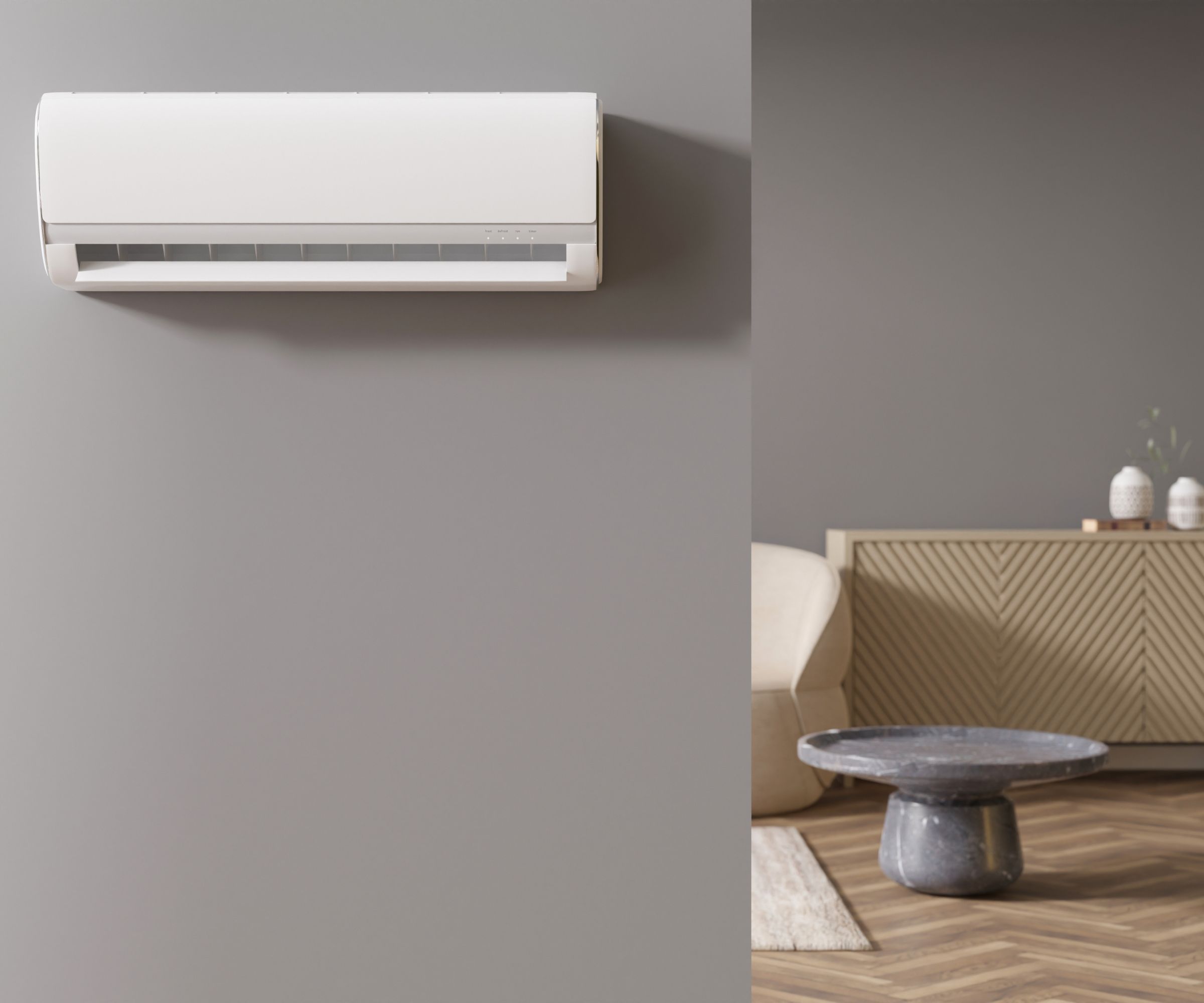
In more serious instances, a burning smell – particularly a burning plastic smell or slightly fishy smell – could be a sign of an electrical fault. This is a clear sign it’s time to call the pros as it poses a real fire risk in your home.
Tommy warns, ‘A burning plastic or wires scent indicates a possible electrical problem. Sharp and unpleasant odors often result from components that overheat or wiring that becomes frayed and motors that fail. Electrical problems need immediate attention because they can lead to fires. When you detect this odor from your HVAC system you should shut down the system right away and contact a professional.
‘Similarly, the fan motor moves air through your vents but will emit a strong burning odor when overheating from mechanical failure or insufficient maintenance. If this issue goes unchecked it might ultimately break the whole system so it’s important to tackle it early on.’
4. A dirty air filter
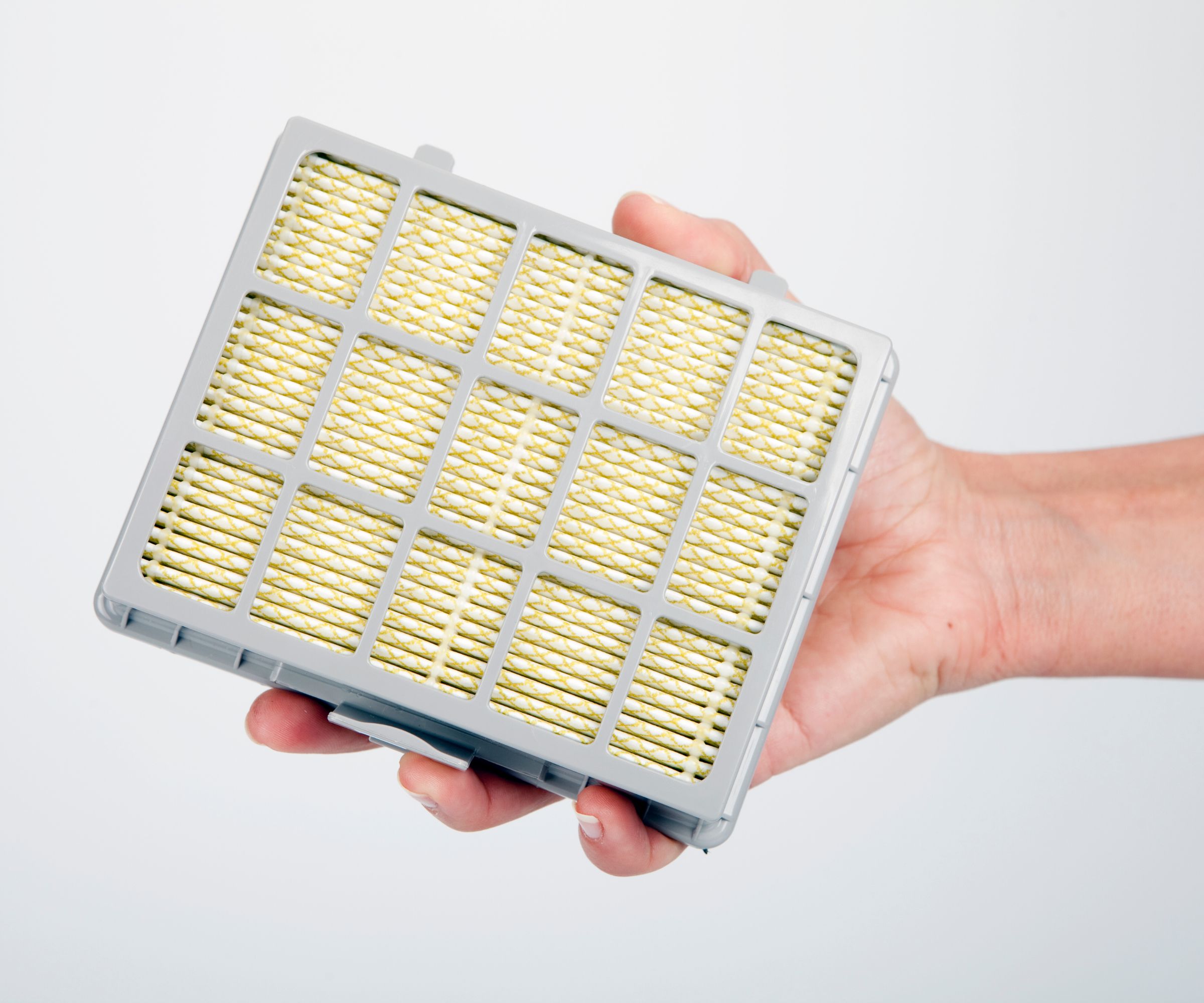
Cleaning your HVAC system regularly can help mitigate burning smells, and maintaining the filter allows for increased airflow, preventing overheating.
‘The blockage of your air filter could be an additional source of the issue. A dirty air filter blocks airflow which forces your system to exert more effort while running the risk of overheating. The unpleasant smell comes from dust and debris burning inside the unit. To prevent system inefficiencies and maintain proper operation you should replace your filter every one to three months.’
This quick maintenance task can lower energy bills, too.
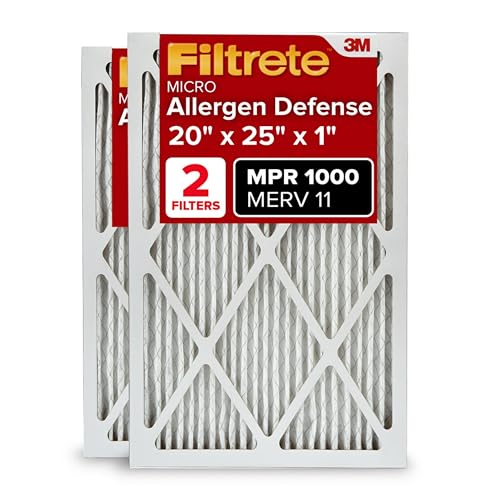
Always check your HVAC manual for the size and type of filters you need for you system before replacing them.
FAQs
How long does a burnt smell last in a house?
Once you have fixed the source of the burning smell, the lingering odor could last anywhere between a few hours and a few days, depending on if it has permeated your furnishings or not. To get rid of burnt food smells or burning dust smells, air out your home by opening windows, or use bowls of vinegar placed around your space to absorb and neutralize scent particles.
Kelly concludes, ‘If your system is making weird noises, shutting off randomly, or if the smell keeps coming no matter what you do, call a pro. If it’s not just dust making your heating system work harder, and doesn’t go away fast, don’t gamble with it. A small problem today could mean a big repair bill (or worse) tomorrow.’
Sign up to the Homes & Gardens newsletter
Design expertise in your inbox – from inspiring decorating ideas and beautiful celebrity homes to practical gardening advice and shopping round-ups.

Chiana has been at Homes & Gardens for two years and is our resident 'queen' of non-toxic living. She spends most of her time producing content for the Solved section of the website, helping readers get the most out of their homes through clever decluttering, cleaning, and tidying tips. She was named one of Fixr's top home improvement journalists in 2024.
You must confirm your public display name before commenting
Please logout and then login again, you will then be prompted to enter your display name.
-
 Are you making the most out of the estate sales in your area? These are the 5 most valuable items you should be shopping for
Are you making the most out of the estate sales in your area? These are the 5 most valuable items you should be shopping forVintage lovers and antique experts share the objects you should always look out for when you're exploring an estate sale
By Eleanor Richardson
-
 How to grow sassafras – for a low-maintenance native tree that can even be planted in shady yards
How to grow sassafras – for a low-maintenance native tree that can even be planted in shady yardsFor an easy-to-grow North American tree, you will not find much better than sassafras
By Thomas Rutter
-
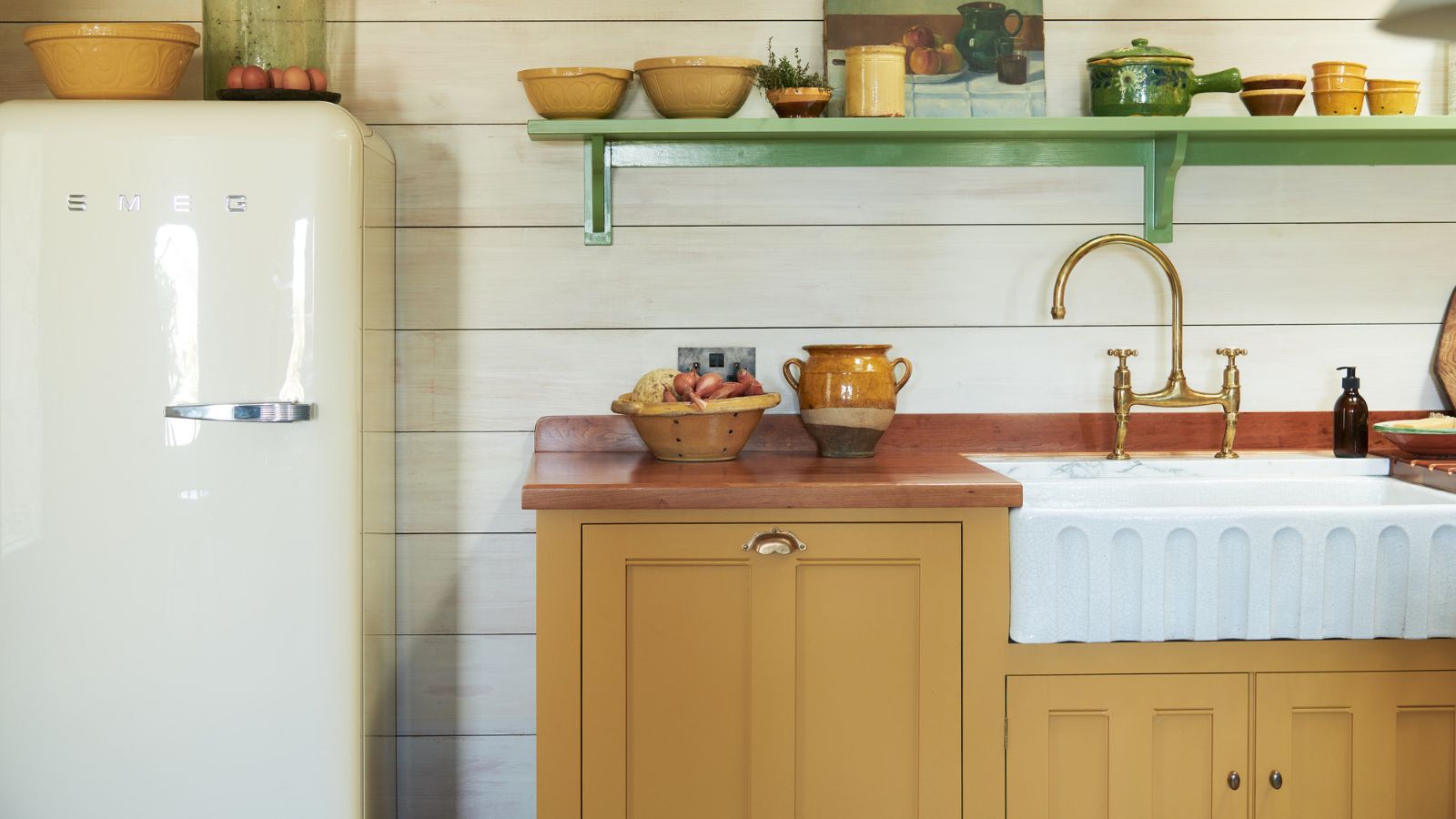 The 5 worst things you can do to your fridge – these will drive up energy costs and result in pricey and regrettable repairs
The 5 worst things you can do to your fridge – these will drive up energy costs and result in pricey and regrettable repairsIt's crucial to swerve these blunders, appliance experts warn
By Ottilie Blackhall
-
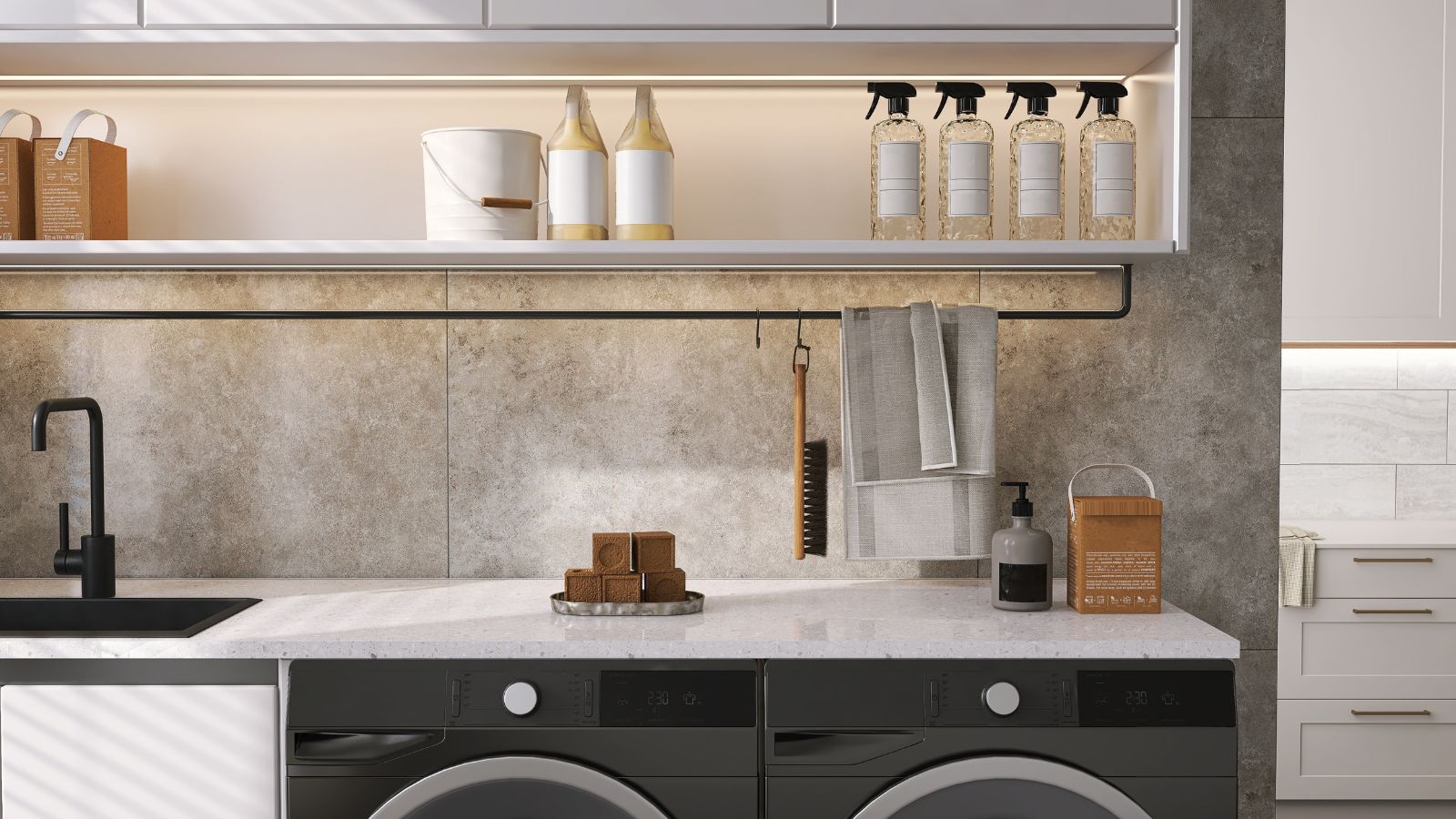 Extend the lifespan of your appliance with 5 simple but crucial washing machine maintenance tips
Extend the lifespan of your appliance with 5 simple but crucial washing machine maintenance tipsFrom cleaning the filters to keeping the door open, experts reveal the washer tips they swear by
By Andy van Terheyden
-
 5 vital ways a home battery backup can help with your most urgent needs in a power outage – from heating to flood prevention and calls
5 vital ways a home battery backup can help with your most urgent needs in a power outage – from heating to flood prevention and callsExperts say they're a worthy investment
By Clement Feng
-
 I’m an HVAC technician, and this is when I turn on my AC each year – plus 5 checks I always do beforehand
I’m an HVAC technician, and this is when I turn on my AC each year – plus 5 checks I always do beforehandSave yourself an AC hassle by running my checks and turning it on before big heat hits
By Josh Mitchell
-
 6 things you should never throw in the trash – and what to do for safe disposal instead
6 things you should never throw in the trash – and what to do for safe disposal insteadFrom batteries to space heaters, experts reveal what not to throw
By Andy van Terheyden
-
 7 spring home maintenance mistakes to never make – overlooking these now can lead to pest problems and structural damage
7 spring home maintenance mistakes to never make – overlooking these now can lead to pest problems and structural damageHome improvement pros share common mistakes and what to do instead
By Eve Smallman
-
 10 common but little-known HOA fines to watch out for – and how to avoid them
10 common but little-known HOA fines to watch out for – and how to avoid themFrom sprinklers to garage doors and external pipes, your HOA contract may leave you open to a fine
By Eve Smallman
-
 I’m a homes editor and these are the 4 vital storage items I’m 'adding to cart' this spring – and why you should too
I’m a homes editor and these are the 4 vital storage items I’m 'adding to cart' this spring – and why you should tooI've learned a few hard lessons in recent weeks and these storage solutions will help
By Punteha van Terheyden